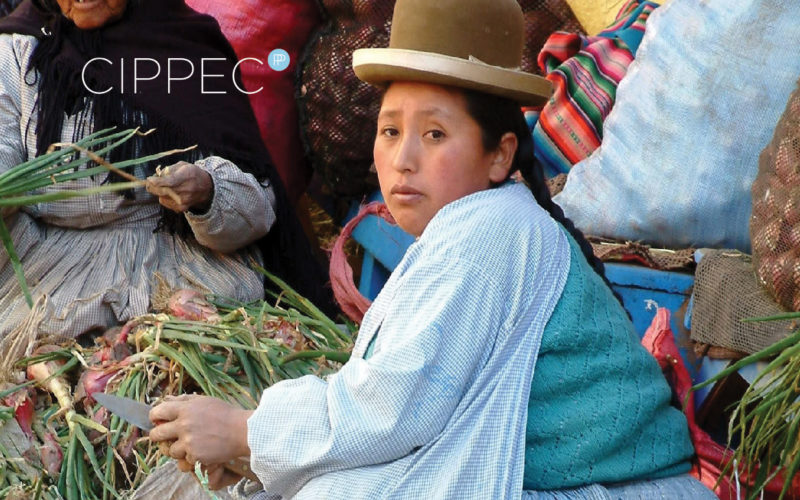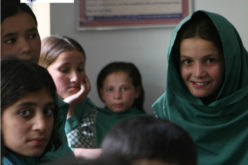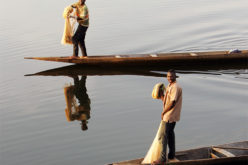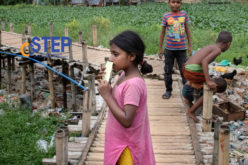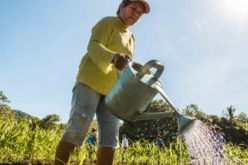This research paper, commissioned as part of the series ‘Starting Strong: the first 1000 days of the SDGs’, identifies key actions toward addressing the unfinished business of the MDGs and how to reach those who are furthest behind in relation to the new SDGs.
 Despite significant progress towards achieving the Millennium Development Goals, Latin America remains one of the most unequal regions of the world with many of the most vulnerable groups being left behind. The Sustainable Development Goals (SDGs) propose not only the eradication of poverty by 2030, but also a reduction in these high levels of inequality.
Despite significant progress towards achieving the Millennium Development Goals, Latin America remains one of the most unequal regions of the world with many of the most vulnerable groups being left behind. The Sustainable Development Goals (SDGs) propose not only the eradication of poverty by 2030, but also a reduction in these high levels of inequality.
Young girls and boys are being left behind due to inadequate employment opportunities, high rates of teenage pregnancy, and poor levels of educational attainment. Women face discrimination and unequal access to the labour market. All of these challenges are greater for families living in poverty, and for indigenous and afro-descendant communities.
This paper considers the potential of SDG 1 (poverty), 3 (health) and 5 (gender) to reduce the gaps between vulnerable populations and those who are better off. The authors identify policy recommendations to enable these SDGs to be achieved as well as priority actions to be taken by Latin American governments in the first 1,000 days – including reform of conditional cash transfers, the prioritisation of primary care and reproductive health, and the promotion of gender equality in the labour marke
The ‘Starting Strong’ series is a collaborative partnership to initiate a wider conversation around priority actions for the first three years of the SDGs – just over 1000 days – with relevant stakeholders with a regional focus. Gala Díaz Langou (gdiazlangou@cippec.org) is the Director of the Social Protection Program at the Centre for Implementation of Public Policies Promoting Equity and Growth (CIPPEC). José Florito (jflorito@cippec.org) is a social protection analyst at CIPPEC.
Download
1,853 total views, 3 views today


